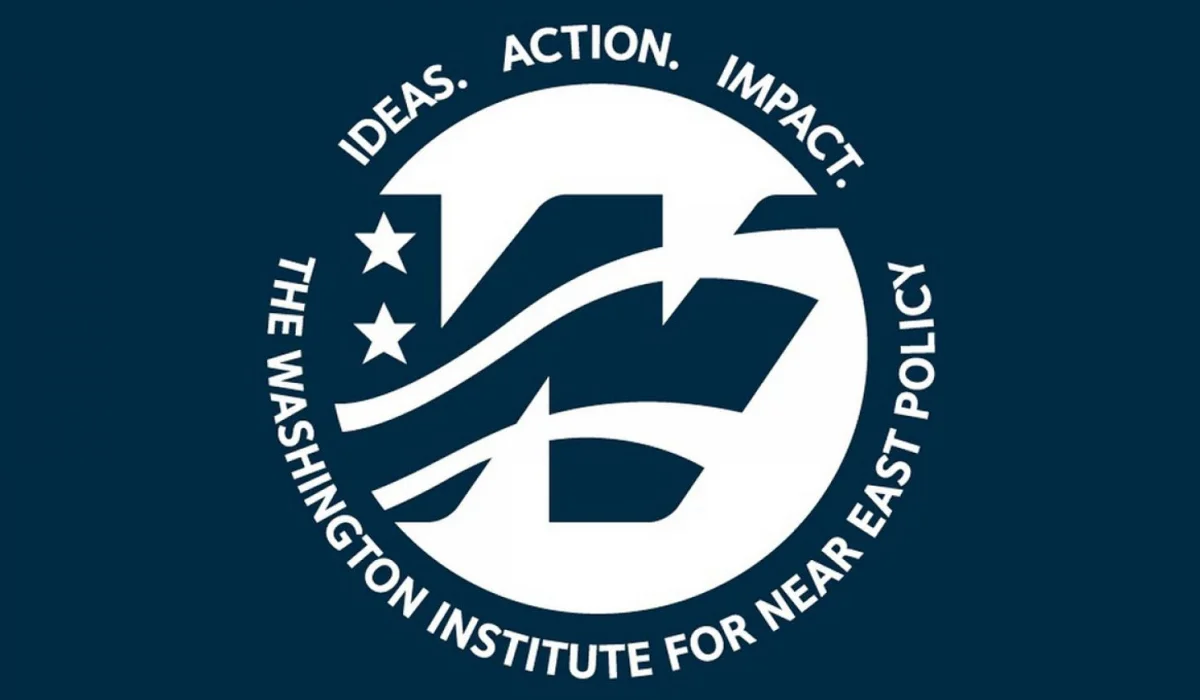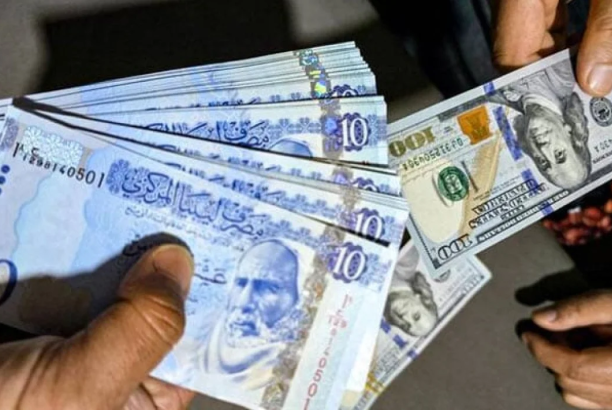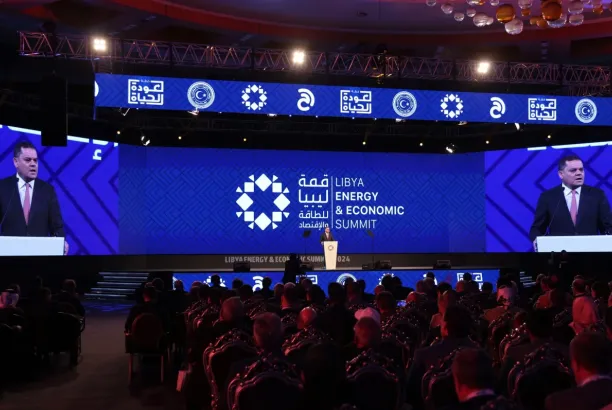
| Reports
Billions of Dollars Still Hidden to This Day… Washington Institute for Near East Policy Describes Libya as a “Corrupt” State
The Washington Institute for Near East Policy stated on Saturday that Libya is a corrupt state, and that it could have been a wealthy country if its oil wealth had been properly managed. It could have met the needs of its population and contributed to regional development. Instead, two major economic policy failures led to severe imbalances: the state employs most of the labor force, and fuel subsidies—accounting for more than 20% of GDP—have encouraged cross-border smuggling in exchange for what now seems little compared to the amounts stolen from the state today.
According to the Washington Institute, a series of recent reports revealed the disappearance of billions of dollars in Libyan funds. The annual report of the UN Panel of Experts, established under Security Council Resolution 1973, outlines a scheme to barter some Libyan oil exports for diesel to generate electricity. The report, along with a subsequent investigation published by the Financial Times, describes how this opaque scheme led to the disappearance of billions in Central Bank revenues. The National Electricity Company is also under investigation for supporting this scheme.
The Libyan Audit Bureau also reported that oil revenues from the National Oil Corporation are significantly lower than the deposits made in the Central Bank, after the report came under attack.
The embassies of France, Germany, Italy, the United Kingdom, and the United States confirmed their support for the Audit Bureau and their commitment to preserving its independence. In another indicator of corruption, the head of the Libyan Asset Recovery and Management Office was arrested in January. It doesn’t take much imagination to wonder why someone investigating a major source of funds is being detained, despite UN condemnation.
The Institute continued by stating that during the first half of March, the Central Bank of Libya injected $2.3 billion USD in foreign currency to provide liquidity. Then, on April 7, the Bank devalued the dinar by 13%, partly to prevent the creation of a black market for foreign currencies—even before the Trump-era tariffs were implemented.





